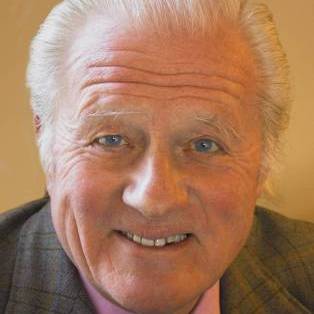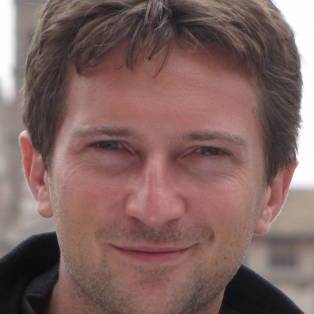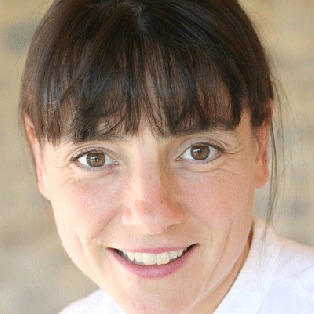{related_entries id="evnt_auth_1"} {/related_entries} and {related_entries id="evnt_auth_2"} {/related_entries} .
Chaired by {related_entries id="evnt_chair"} {/related_entries}
Science and War: Working for Churchill and Hitler
Wednesday 26 March 2014
3:00pm
1 Hour
Duration{related_entries id="evnt_loca"}Science and War: Working for Churchill and Hitler{/related_entries}
Venue£11
Ticket priceTwo award-winning writers explore the ethical dilemmas faced by scientists working for countries at war. Graham Farmelo and Phillip Ball have both published new works that respectively look at how scientists worked for Churchill and Hitler on the nuclear bomb.
Farmelo’s Churchill’s Bomb: A Hidden History of Science War and Politics takes a fresh view of Churchill’s pioneering role in the age of nuclear science. Her shows how British physicists first demonstrated that the bomb was a practical possibility in 1940 but that Churchill, on the advice of the controversial scientist, Frederick Lindemann, allowed leadership to pass to the Americans. Ball’s Serving the Reich: The Struggle for the Soul of Physics under Hitler explains how some leading scientists continued to work for Hitler. Some eventually left Germany and others later maintained that they had deliberately delayed production of an atomic bomb.
Farmelo is a by-fellow of Churchill College, Cambridge. His biography of Paul Dirac, The Strangest Man, won the 2009 Costa Biography Award and the 2010 Los Angeles Times Science Book Prize. Ball is a writer and former editor for physical sciences at Nature. His books include H2O: A Biography of Water; Critical Mass, winner of the 2005 Aventis Prize for Science Books; and The Music Instinct.





